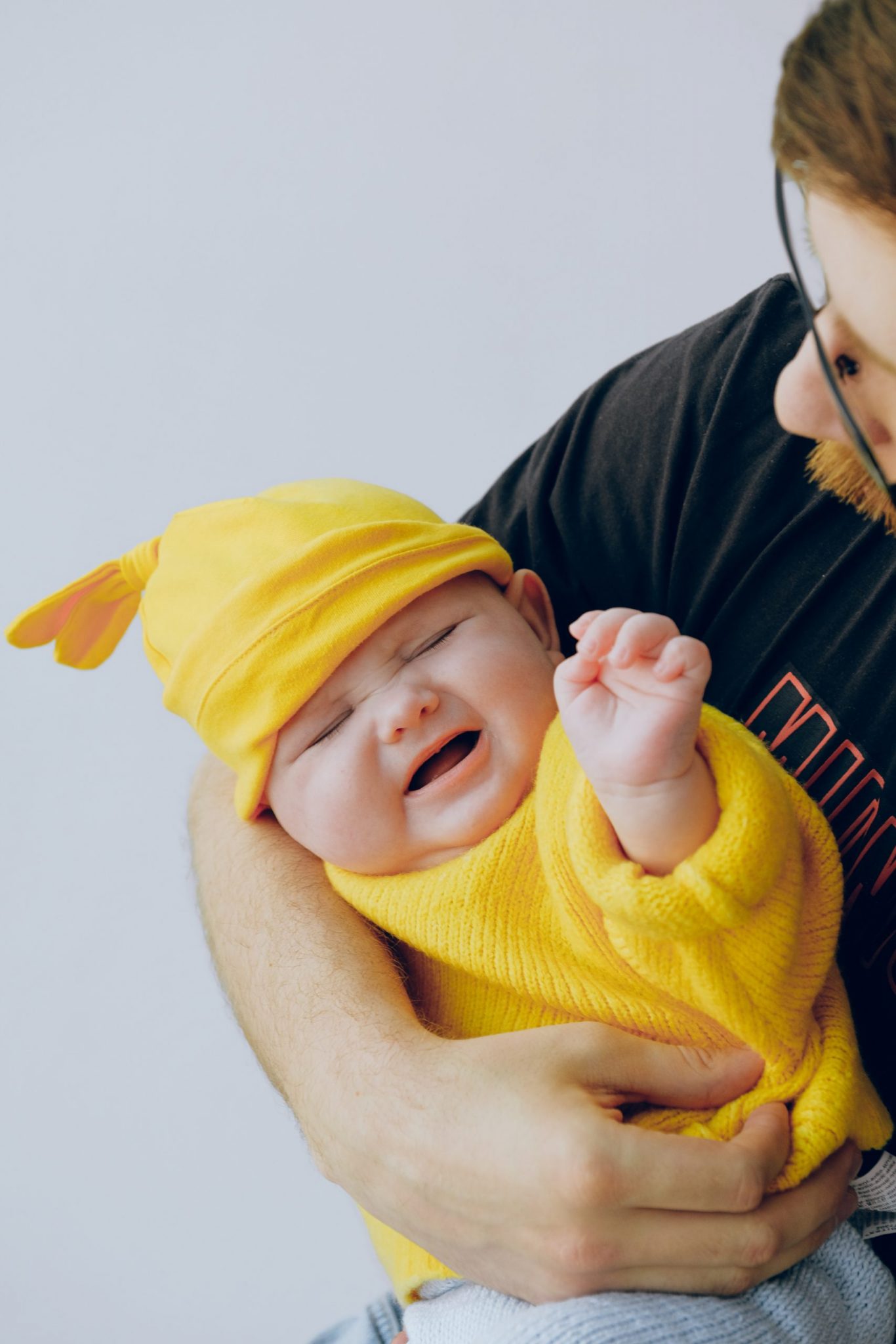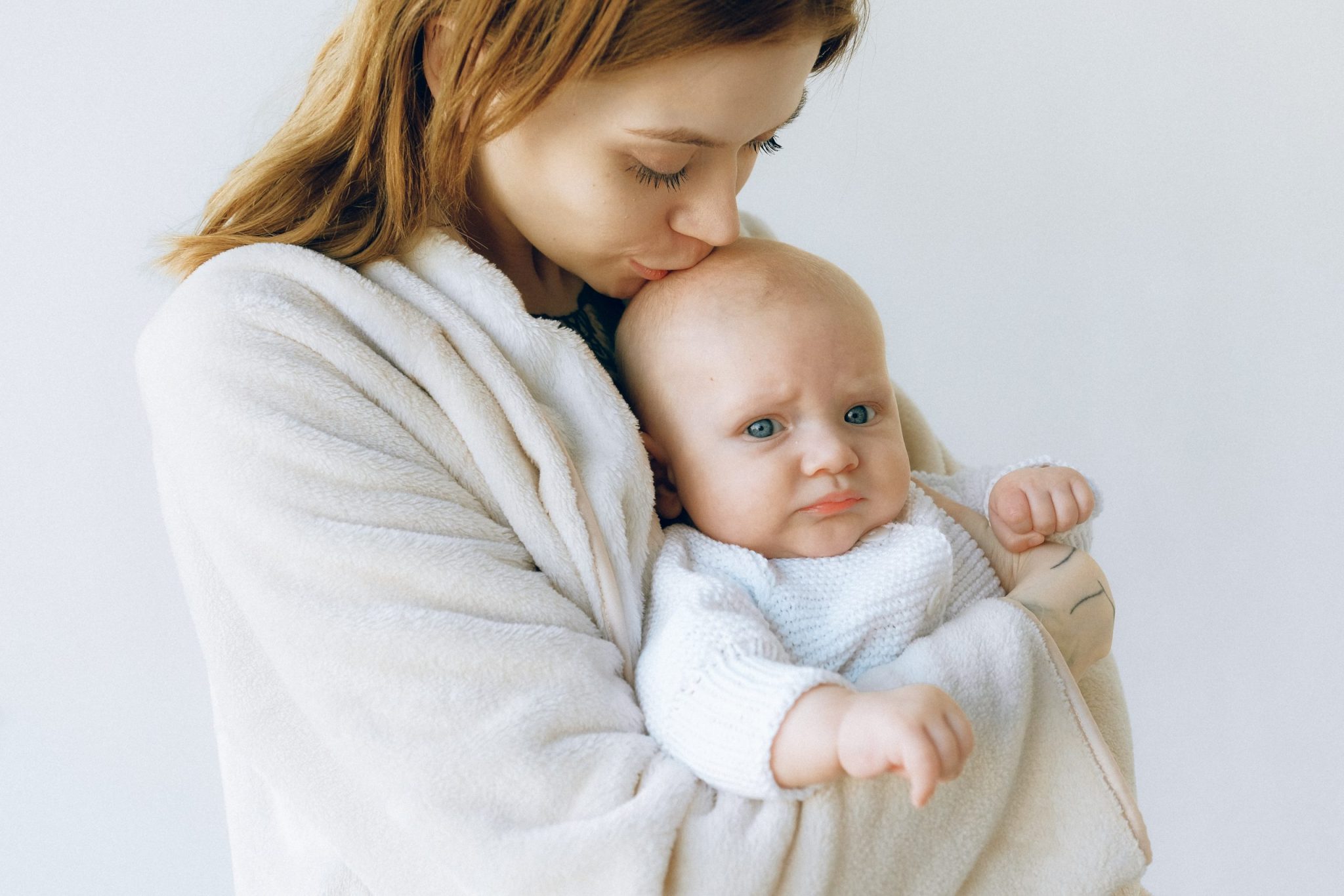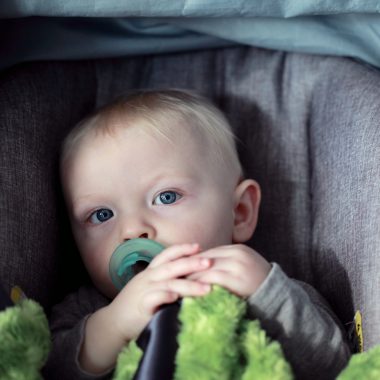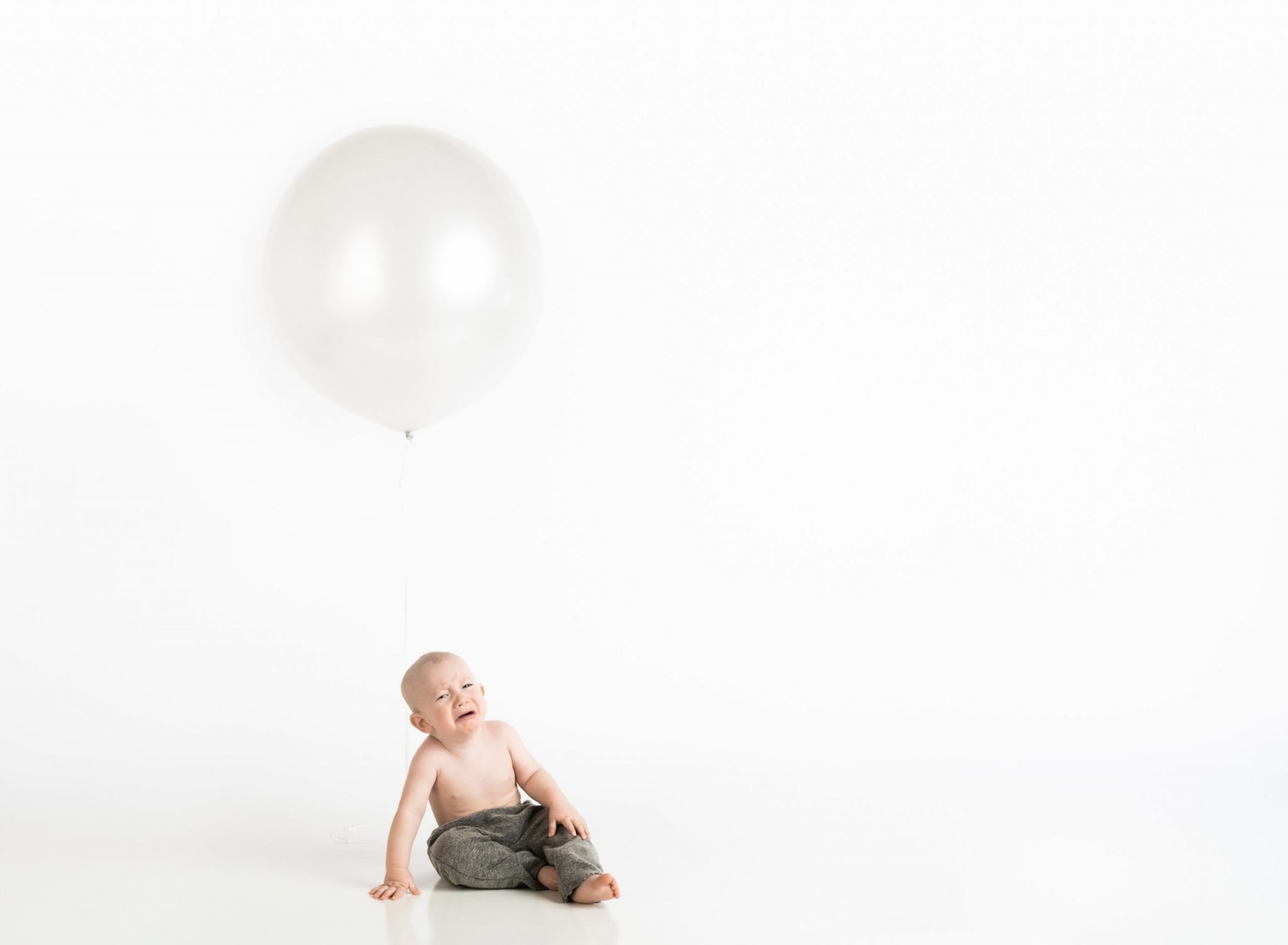Stress in babies can be caused by some stimulants in the environment, or a persistent health condition, like gas or reflux, that is preventing them to be relaxed.
Crying is a normal reaction when it comes to babies, which is why it can be difficult to pinpoint if the baby is stressed. Here are some common signs that indicate that baby is in stress:
- They are not eating, and refuse to take feed
- They are crying more than normal.
- They lack emotions. This behaviour will be the opposite of crying, and they will instead be unresponsive.
Sources of Stress
Here are some sources of stress that can lead to a baby feeling nervous or fearful:
1. Prenatal Stress
According to the University of Zurich, if an expecting mother has been stressed over a very long period of time, it can increase the risk of the baby developing a mental illness later on in life.
However, short term stress has no effect on the baby in the womb. It is very normal to feel stressed out, and pregnancy is no easy feat.
So moms don’t have to worry about harming their unborn babies every time they experience any kind of stress.
2. Unmet needs
Newborns and infants have basic needs that need to be met. These needs are nourishment, affection and attention.
If these basic needs are unmet, it can result in toxic stress for the baby which will also continue to affect them as they grow older.
Unmet needs will prevent the child to reach their full potential.
3. Frustrated during the development process
At a certain point of the developmental process, be it 3 months, 6 months or even a year, babies tend to get incredibly fussy.
For babies it can get quite overwhelming when things are changing constantly for them, which in turn can be stressful.
Try to understand things from their perspective, when the world is noisy and fuzzy and you don’t have much control over anything.
Crying from stress is quite an understandable response.
4. Physical pain
The body of an infant is constantly changing, and some of these changes can be physically painful for them in the beginning, like teething.
Their digestive systems are also new, and getting used to digesting and sometimes there may be some hiccups (literally, too) in the process.
This is short term stress for the baby, and it will soon pass.
As a parent, you can try making things easier by calming them down as much as you can, and giving lots of cuddles.
If you feel like the pain is a cause of something you cannot pinpoint, then you should schedule an appointment with the pediatrician.
5. Yelling, arguing in the house
Constant loud voices in the form of arguing and shouting in the house are not good for a baby, and it will cause them to be stressed.
The baby is already going through a lot with respect to growing up, and external environmental stimuli can be quite stress inducing for the baby.
Growing up in a household where there is a lot of negative energy, can also be quite detrimental for the baby in the long rin.









